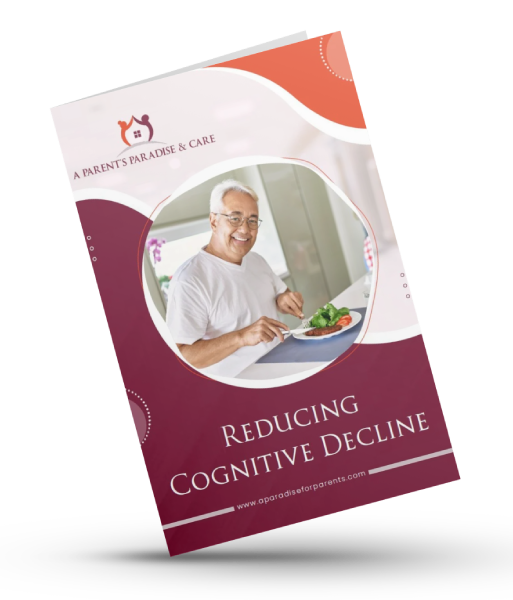I’m amazed sometimes when I look at the prescription list of some of our residents when they move in to one of our homes. It can be 18-20 drugs long. Or more! The medical term for this is Polypharmacy – the use of multiple drugs or more that are medically necessary. Now I’m no doctor. Common sense just eats at me saying:
“This can’t be good”
By no means am I saying they should cut back on their medications and reduce this thing called Polypharmacy. Well – they should cut back if we can help them become healthier and the doctor says they can. I’m just worried about how all those drugs interact with each other and with the person’s own body.
So does the National Institute of Health. In one study on Polypharmacy, they estimated that nearly 50% of older adults take a least one or more medications that are not medically necessary.
So does one of my mobile doctors that works with our residents. He even wrote a book about how to work with your doctor better. In the book, he explains how many drug studies are conducted with a small amount of people.
At most a few thousand.
Over a short period of time.
Most of the test subjects are younger, healthier adults that may not show as adverse a reaction as older people. They also are not taking these drugs in conjunction with lots of other drugs during the test studies.
Polypharmacy Means You Could Unwittingly Be a Test Subject
Your doctor may also expect you to take these drugs over many years. Much longer than the studies. Even over-the-counter medications taken over long periods of time can cause adverse reactions. Long-term use of Ibuprofen (Advil) can cause:
- kidney and liver damage
- bleeding in the stomach and bowels
- increased risk of heart attack.
The FDA also warns of adverse effects of mixing Ibuprofen and Aspirin. These drugs are considered to be pretty mild. Think of mixing a lot stronger prescription drugs that are typical of the elderly’s day-to-day medication list.
It would seem like Grandma may become a Polypharmacy test subject. All these variables may cause some side effects such as falls or loss of appetite. This is not to scare you or your family. It’s just to say we don’t have all the answers.
What to Do About Too Many Drugs
Think of your doctor as a team trying to find a solution. Doctors are human too. A good doctor will be open to new ideas. At the very least, ask a lot of questions when you see the doctor prescribe a lot of medications. Make sure your doctor has as much information about you or your loved one as possible in order to make the best decision. And don’t be afraid to be a pain if you don’t think the diagnosis sounds right – to include seeking second or third opinions.
A good doctor wants only best for you. As the video above shows, there is no reason your doctor can’t ‘Deprescribe’ drugs for you or your elderly loved one once they analyze overall health conditions. If you have a family member that takes a lot of medications, be hyper-vigilant for side effects. Then bring them to the Doctor’s attention as soon as they occur.
Of course the best way to avoid the negative effects of polypharmacy is to live the healthiest life you can. We put together a guide on how to avoid a nursing home altogether. Besides avoiding the nursing home, healthy people need little to no drugs. And suffer little to no side effects!





